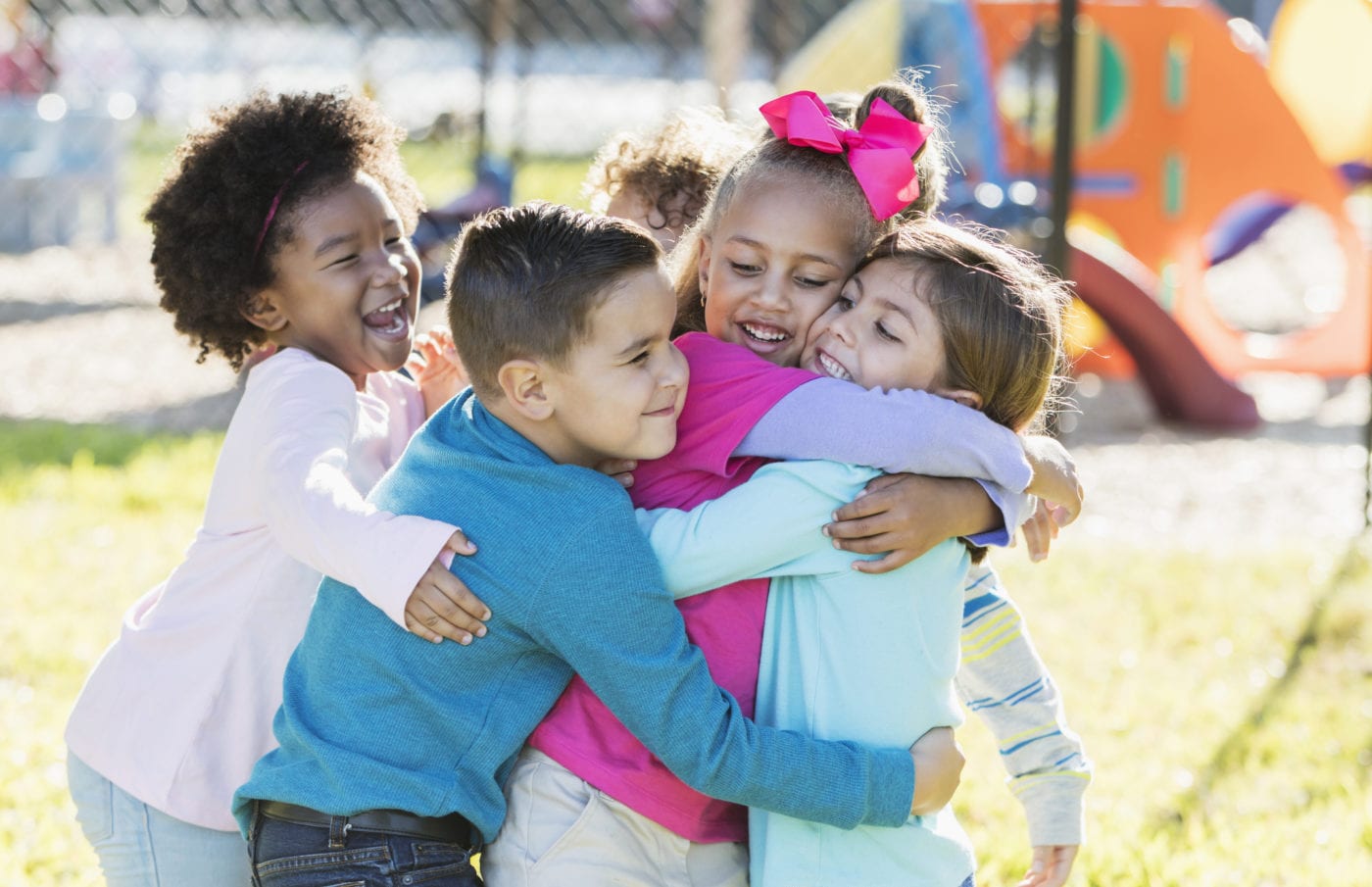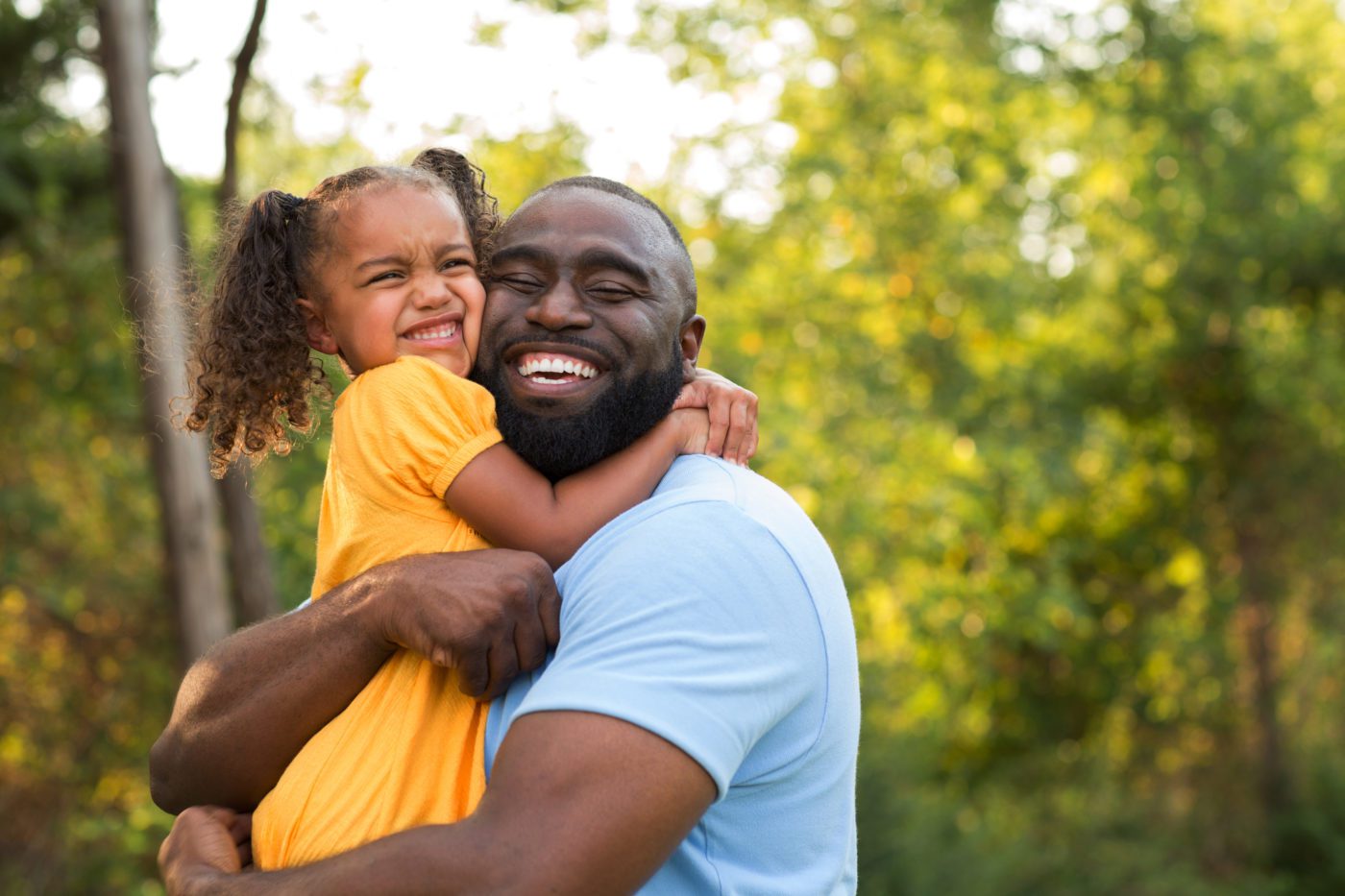Do you want to make a positive difference in our world? It would be a dream come true to counter the anger and division that often surrounds us. As parents, there’s a way we can do it: by teaching empathy to kids.
Teaching empathy to kids is as essential as teaching them to have good hygiene or nutrition. It’s a skill necessary for a person who wants to live successfully. To sincerely recognize how other people feel and view the world is key for creating peace. We raise a generation of peacemakers when we teach our kids empathy. Here’s how.
Practice listening with your children.
Everyone wants to be heard. But are we truly listening? Or do we formulate our responses to others instead of actually hearing what they say? Reading stories to your children presents an opportunity to teach them to listen, which makes empathy possible. Stop reading regularly during a story to ask your children what they think the characters must be feeling about what’s happening in this chapter. This equips children to notice other people’s feelings—and to be considerate of them.
Expose your children to different cultures, people, and places.
To help our children learn about and appreciate cultures and people different from them, we’ve got to expose them to cultures and people different from them. When teaching empathy to kids, look for volunteer opportunities with organizations that serve different communities or help your child sign up for inclusive activities and camps. There, kids learn that different people have different needs—and they learn to be sensitive to those needs. Take family trips to places that display and honor other cultures’ histories and significance and to places where children can meet people of other cultures. That shows them that all people and cultures are valuable.
Model generosity.
Our kids watch our actions every bit as much as they hear our words. If we want to raise children who have empathy, we must have empathy for others. Allow your children to see you regularly sharing your resources, time, and hearts with people in need. Make donating and volunteering routine for your family. This helps children understand the value of taking action to help others because we never know when we may need that help ourselves.
Practice kindness instead of judgment.
How are we to react to a person who stands out in some way as different from us? We teach our kids to be kind and respectful, to be open and warm. How can we judge what we do not know? Our worldviews are shaped by our experiences, and we don’t always know what others have been through. It takes empathy to accept them as they are.
Sound off: What experiences have helped your children learn to have more empathy for others?











Huddle up with your kids and ask, “What is one thing that made you happy this week? What is one thing that made you sad this week?”